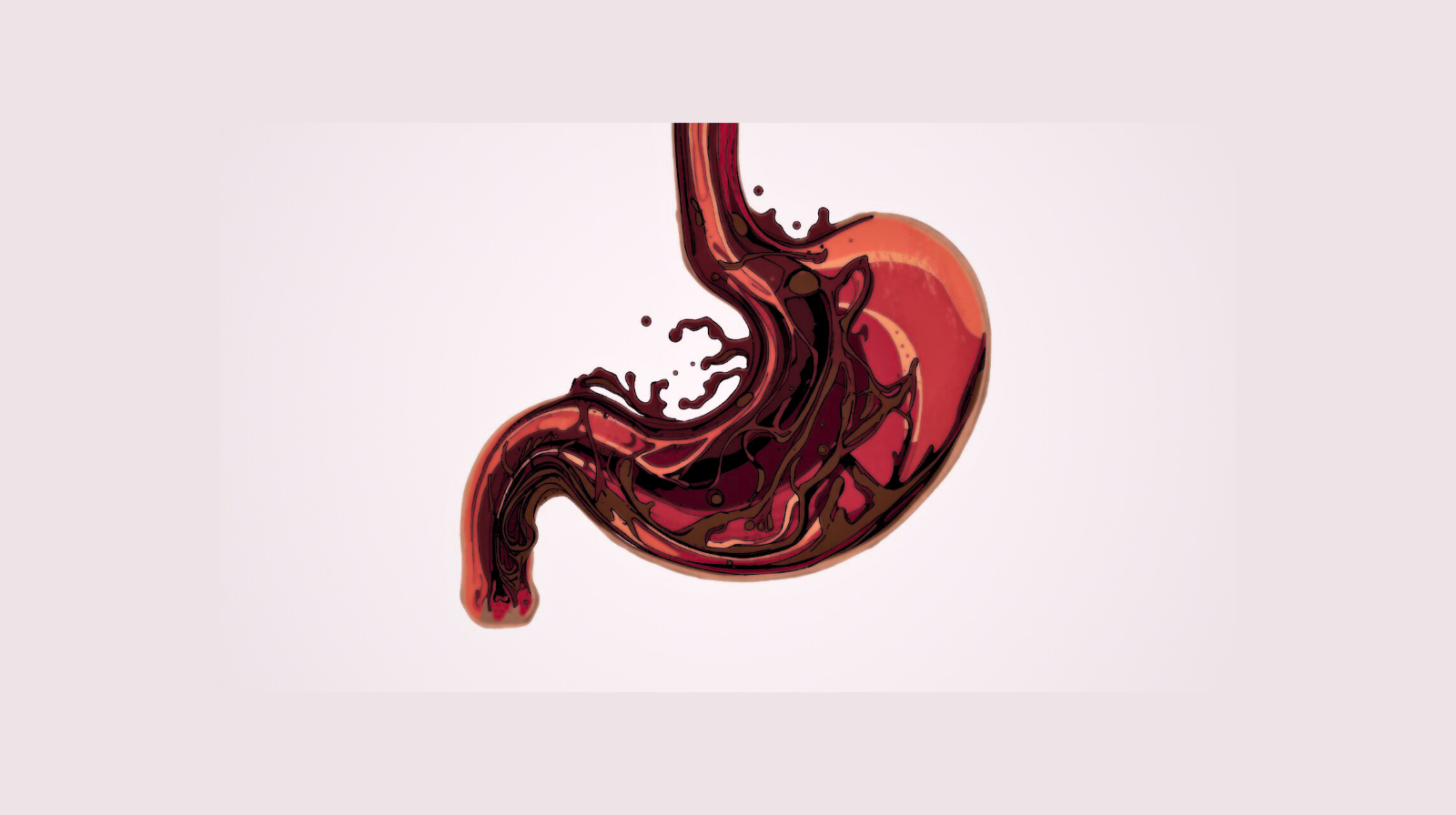Alcohol’s effects reach far beyond the liver or the brain. Each drink sets off a chain reaction inside your gut — disrupting microbial balance, weakening the intestinal barrier, and triggering inflammation that impacts your entire body. Your microbiome — a vast community of bacteria, fungi, and other microorganisms — plays a vital role in digestion, metabolism, immune defense, and mental well-being. When alcohol interferes with this delicate ecosystem, the consequences can be widespread and long-lasting.
1. Reduced Microbial Diversity
A healthy gut microbiome thrives on diversity. A balanced mix of beneficial bacteria regulates inflammation, supports metabolism, and protects against harmful microbes. Alcohol consumption — even in moderate amounts — can disturb this balance. Studies have shown that alcohol reduces populations of beneficial species such as Bifidobacterium and Lactobacillus, while encouraging the overgrowth of harmful bacteria like Proteobacteria and Enterobacteriaceae. This shift lowers microbial diversity and decreases the production of short-chain fatty acids (SCFAs) — essential compounds that protect the gut lining, regulate immune responses, and support metabolic stability. Over time, this imbalance can contribute to inflammation, digestive distress, and metabolic dysfunction.
2. Increased Gut Permeability (“Leaky Gut”)
Alcohol and its primary metabolite, acetaldehyde, can damage the intestinal barrier — the thin layer of cells that separates the gut from the bloodstream. When this barrier weakens, bacteria and toxins can “leak” through, a condition known as leaky gut. Once bacterial toxins such as lipopolysaccharides (LPS) enter circulation, they activate the immune system and promote chronic low-grade inflammation. This inflammation has been linked to liver injury, insulin resistance, and even neuroinflammation.
3. Altered Immune and Metabolic Signaling
Your gut microbiome constantly communicates with your immune system, helping it distinguish between friend and foe. When alcohol disrupts the microbiome, this communication breaks down. The resulting dysbiosis (imbalance) can hyperactivate inflammatory pathways and reduce the body’s ability to regulate immune responses. Additionally, alcohol stresses the liver-gut axis — worsening inflammation and contributing to liver diseases such as alcoholic hepatitis. These shifts affect metabolism, energy regulation, and even mood and cognitive function through the gut-brain axis.
4. Systemic Impacts — Beyond the Gut
The gut, liver, and brain are closely connected. When alcohol-induced dysbiosis takes hold, the effects ripple across this network:
- Liver Stress: Bacterial toxins entering the bloodstream increase oxidative stress and liver inflammation.
- Brain Function: Changes in the microbiome can alter neurotransmitter balance, affecting mood and cognition.
- Cancer Risk: Chronic inflammation and DNA damage caused by acetaldehyde can increase the risk of gastrointestinal and liver cancers.
5. Microbiome Recovery and Restoration
Fortunately, the microbiome is remarkably resilient. Reducing or stopping alcohol consumption allows beneficial microbes to recover, often within weeks. Research shows that microbial diversity begins to rebound within 6–12 weeks after reducing alcohol intake — especially when supported by gut-friendly habits:
- Eat fiber-rich foods such as vegetables, fruits, legumes, and whole grains to nourish beneficial microbes.
- Include fermented foods like yogurt, kefir, and kimchi for natural probiotics.
- Stay hydrated to support detoxification and gut repair.
- Limit processed sugar, which fuels harmful bacterial growth.
- Prioritize sleep and exercise — both enhance microbiome diversity and stability.
6. Check In with Your Gut
Your gut health reflects your overall health. Understanding what’s happening inside your microbiome gives you the power to make meaningful changes. The GutID Test provides a detailed look at your microbial composition, diversity, and balance — helping you see how lifestyle choices like alcohol consumption impact your gut health. With GutID’s personalized insights, you can take measurable steps to restore microbial balance, improve digestive function, and enhance your long-term well-being.
References
- MD Anderson Cancer Center. (2023). How does alcohol affect the microbiome? Retrieved from https://www.mdanderson.org/cancerwise/how-does-alcohol-affect-the-microbiome.h00-159696756.html
- Engen, P. A., Green, S. J., Voigt, R. M., Forsyth, C. B., & Keshavarzian, A. (2015). The gastrointestinal microbiome: Alcohol effects on the composition of intestinal microbiota. Alcohol Research: Current Reviews, 37(2), 223–236.
- Leclercq, S., et al. (2014). Role of intestinal permeability and inflammation in the biological and behavioral control of alcohol-dependent subjects. Brain, Behavior, and Immunity, 39, 204–212.
- Barr, T., Sureshchandra, S., & Messaoudi, I. (2016). The effects of alcohol on the immune system and gut microbiome. Alcohol Research: Current Reviews, 37(2), 147–161.
- Chen, P., et al. (2011). Alcohol metabolism contributes to intestinal microbial dysbiosis in chronic alcohol consumption: A study in mice. Journal of Clinical Investigation, 121(9), 3384–3395.
- Bajaj, J. S., & Khoruts, A. (2023). Microbiota and alcohol-associated liver disease. Nature Reviews Gastroenterology & Hepatology, 20(4), 231–245.


Share:
5 Simple Gut Wellness Tips to Add to Your Routine: Gut Health Tips
Feast for the Microbes: Holiday Foods That Boost Your Gut Health